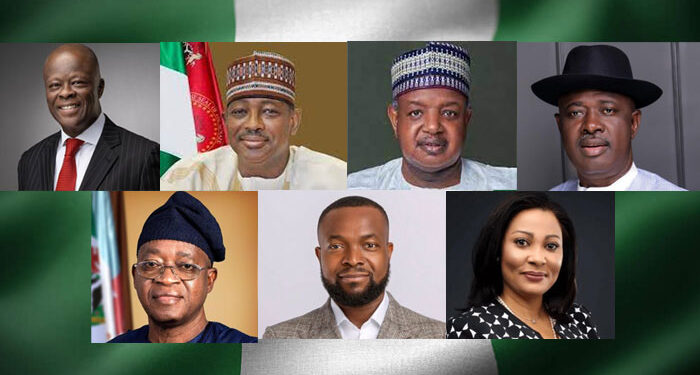By Milcah Tanimu
With the recent swearing-in of 45 ministers in Nigeria, the country is poised for a new era of development. These ministers bring a diverse range of experiences and qualifications to their roles, which will be instrumental in addressing complex challenges such as healthcare reform, infrastructure development, and educational growth. Here’s a glimpse of what Nigerians can expect from some key ministries over the next four years:
**Minister of Finance and Coordinating Minister of the Economy (Wale Edun):**
This ministry plays a pivotal role in managing the country’s finances, economic stability, fiscal policies, and financial management. Expect economic policies that drive sustainable growth, reduce unemployment, and ensure overall economic stability. The minister is likely to prioritize managing finances efficiently, curbing wasteful spending, and tackling corruption within government expenditures. Given Nigeria’s substantial debt profile, expect economic reforms aimed at reducing the country’s debt burden.
**Minister of Agriculture and Food Security (Abubakar Kyar):**
Agriculture is a crucial sector in Nigeria’s economy, and efforts are expected to increase food production and enhance food security. Anticipate initiatives to utilize arable lands more effectively, strengthen agricultural value chains, and address rising food prices. Expect both short- and long-term strategies to improve food security and alleviate poverty.
**Minister of Budget and Economic Planning (Atiku Bagudu):**
This ministry is responsible for setting comprehensive economic plans and strategies for sustainable growth and poverty reduction. Look for effective budget coordination that aligns budget allocations with economic goals. Partnerships between the public and private sectors are likely to be prioritized to boost investment and economic growth.
**Minister of Marine and Blue Economy (Gboyega Oyetola):**
With Nigeria’s extensive coastline and marine resources, this ministry has the potential to drive revenue and economic growth. Expect efforts to improve port operations, trade facilitation, and the utilization of marine resources. Initiatives to combat marine pollution and promote sustainable practices are also likely.
**Minister of Communications, Innovation, and Digital Economy (Bosun Tijani):**
Digital transformation is a global trend, and Nigeria is likely to focus on enhancing digital infrastructure, fostering innovation hubs, and improving internet connectivity. The promotion of fintech solutions, smart cities, and tech entrepreneurship is anticipated.
**Minister of Industry, Trade, and Investment (Doris Anite):**
Industrialization is a priority, and the ministry may concentrate on expanding manufacturing industries to reduce import dependency and create jobs. Trade agreements and support for small and medium-scale enterprises (SMEs) are expected to be on the agenda.
**Minister of State, Petroleum Resources (Heineken Lokpobiri):**
Given the significance of the oil sector, expect measures to enhance refining capacity, address downstream industry challenges, and implement the Petroleum Industry Bill for sector reform and investment attraction.
These ministers have the opportunity to make a significant impact on Nigeria’s trajectory. By implementing transformational policies, encouraging inclusive growth, and fostering an environment that promotes prosperity for all Nigerians, they can contribute to the country’s development and progress.




